End of Life
Breadcrumb
Discover Information for End of Life Care
As modern medicine extends people’s lives, it also extends the last stage of their lives, leading to a number of care decisions people must make as they approach death: hospice, palliative care, the decision to stop further treatment, caregiving for loved ones who are near death, and relevant legal documents like advance directives.
Death and dying conversations are not pleasant, but the more you know, the better informed you are to make necessary decisions for yourself and for your loved ones.
Discover an NNLM Reading Club book and get the conversation started.
 Discover MedlinePlus
Discover MedlinePlus
MedlinePlus is a service of the National Library of Medicine, the largest biomedical library in the world. Use MedlinePlus.gov anywhere, anytime, on any device - for free - to discover high-quality health and wellness information that is reliable, easy to understand, and free of advertising, in both English and Spanish.
Discover information on:
- Don-not-resuscitate order
- End of Life Issues - Multiple Languages
- Talking with a child about a parent's terminal illness
- Organ Donation
Discover NIH
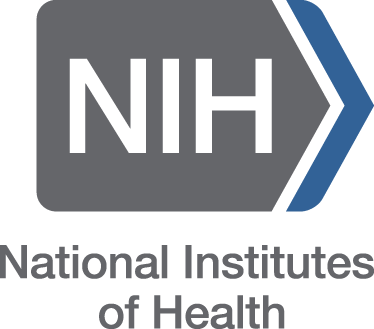 The National Institutes of Health (NIH), a part of the U.S. Department of Health and Human Services, is the nation’s medical research agency — making important discoveries that improve health and save lives. NIH is made up of 27 Institutes and Centers, each with a specific research agenda, often focusing on particular diseases or body systems.
The National Institutes of Health (NIH), a part of the U.S. Department of Health and Human Services, is the nation’s medical research agency — making important discoveries that improve health and save lives. NIH is made up of 27 Institutes and Centers, each with a specific research agenda, often focusing on particular diseases or body systems.
- National Institute on Aging (NIA) provides leadership in aging research, training, health information dissemination, and other programs relevant to aging and older people.
- National Institute of Nursing Research (NINR) works to enhance end-of-life and palliative care treatments and therapies.
- National Institute on Drug Abuse (NIDA) is the lead NIH agency supporting scientific research on drug use and its consequences.
Discover More
The Conversation Project is a public engagement initiative with a goal to have every person's wishes for end-of-life care expressed and respected. Their Conversation Guides can help you have ‘the conversation’ with the important people in your life about your – or their – wishes for care through the end of life. All the Guides are free to download and print and are available in three languages: English, Spanish, and Chinese.
Advanced Plans
It's never too soon to plan for end-of-life care options and state your preferences in advance. The legal documents that allow you to spell out your healthcare decisions ahead of time - so you continue to get the care you want and avoid treatments you do not want - are called advance directives.
- Advance Care Planning: Health Care Directives
- Toolkit for Healthcare Advance Planning, 3rd Edition, 2020 PDF
Comfort Care
The goal of palliative care is to make you as comfortable as possible and improve your quality of life. Palliative care is available at any time during a chronic or terminal illness. You can receive palliative care at the same time you receive other treatments for your illness. Its availability does not depend upon whether your condition can be cured.
Hospice focuses on a person’s final months of life. People in hospice always receive palliative care. To qualify for some hospice programs, patients must no longer be receiving treatments to cure their illness. Hospice can be provided in any setting — home, nursing home, assisted living facility, or inpatient hospital. Increasingly, people are choosing comfort care at the end of life.
- End of Life: Helping with Comfort and Care Download and print PDF or order a paper copy
- Palliative Care: The Relief You Need When You Have a Serious Illness (PDF)
- Find a Hospice or Palliative Care Provider
Medical Marijuana
DrugFacts: Marijuana as Medicine
According to the National Conference of State Legislators, a total of 36 states, the District of Columbia, Guam, Puerto Rico, and the U.S. Virgin Islands have approved comprehensive, publicly available medical marijuana/cannabis programs to manage pain and other symptoms.
Despite the growing state support advocating marijuana for medical and adult recreational use, the United States Drug Enforcement Administration (DEA) continues to list marijuana and its cannabinoids as a Schedule I controlled substance, which means marijuana cannot legally be prescribed, possessed, or sold under federal law. The conflicting state and federal laws are challenging for hospice and palliative care programs, which are primarily funded by Medicare and whose patients are interested in medical cannabis or already using it. It also presents ongoing challenges that impact research on the safety and efficacy of cannabis.
Bereavement
"The worst loss is always your loss." - David Kessler
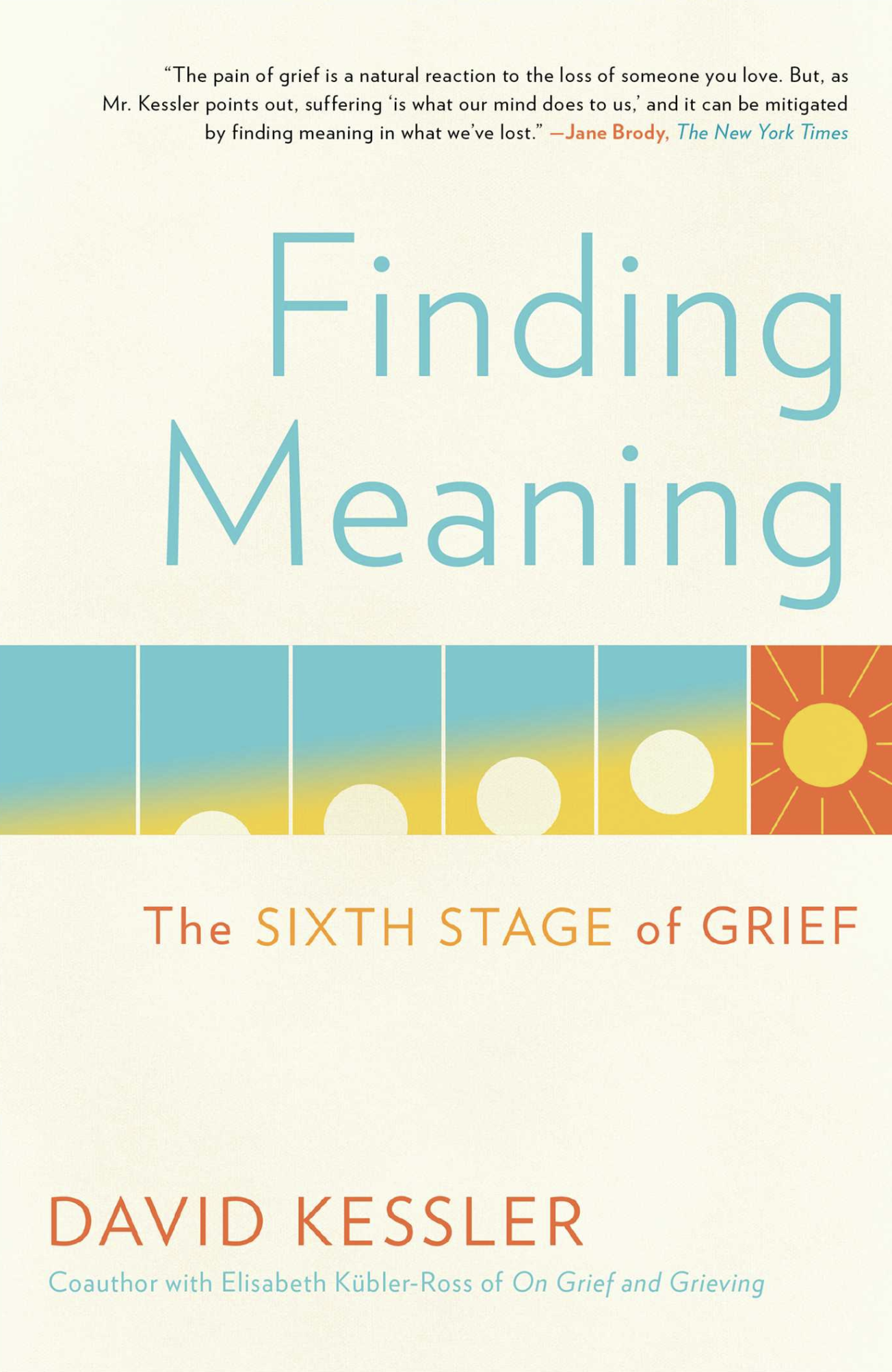
Whether confronting one's own immortality or mourning the death of a loved one, grief is inevitable. How does one process the sadness and find meaning to help cushion the pain?
"This beautiful, tender, wise book will help the many of us who struggle, for years or even decades, after losing someone we love. To take our pain and transmute it, and to find in our suffering a way of relieving the pain of others, can be a powerful form of healing. Whether our grief arises after a suicide, a difficult relationship, the death of a child or newborn, even the ambiguous losses that accompany mental illnesses and addiction - David reassures us that we can find in our deep pain an opportunity to contribute to the wider human story. Grief may not end, but David reassures us that it can change shape and be a source of generosity, love, and meaning." — Katy Butler, author of Knocking on Heaven's Door and The Art of Dying Well
Finding Meaning: The Sixth Stage of Grief | David Kessler | First Scribner | 2019 | 256 pages | 978-1501192739 | WorldCat | ![]()
![]()
Featured Books
-
Title: Can't We Talk About Something More Pleasant?Publisher BloomsburyYear published 2014Book image
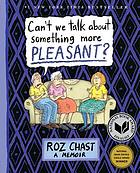
-
Title: The Five InvitationsPublisher Flatiron BooksYear published 2019Book image
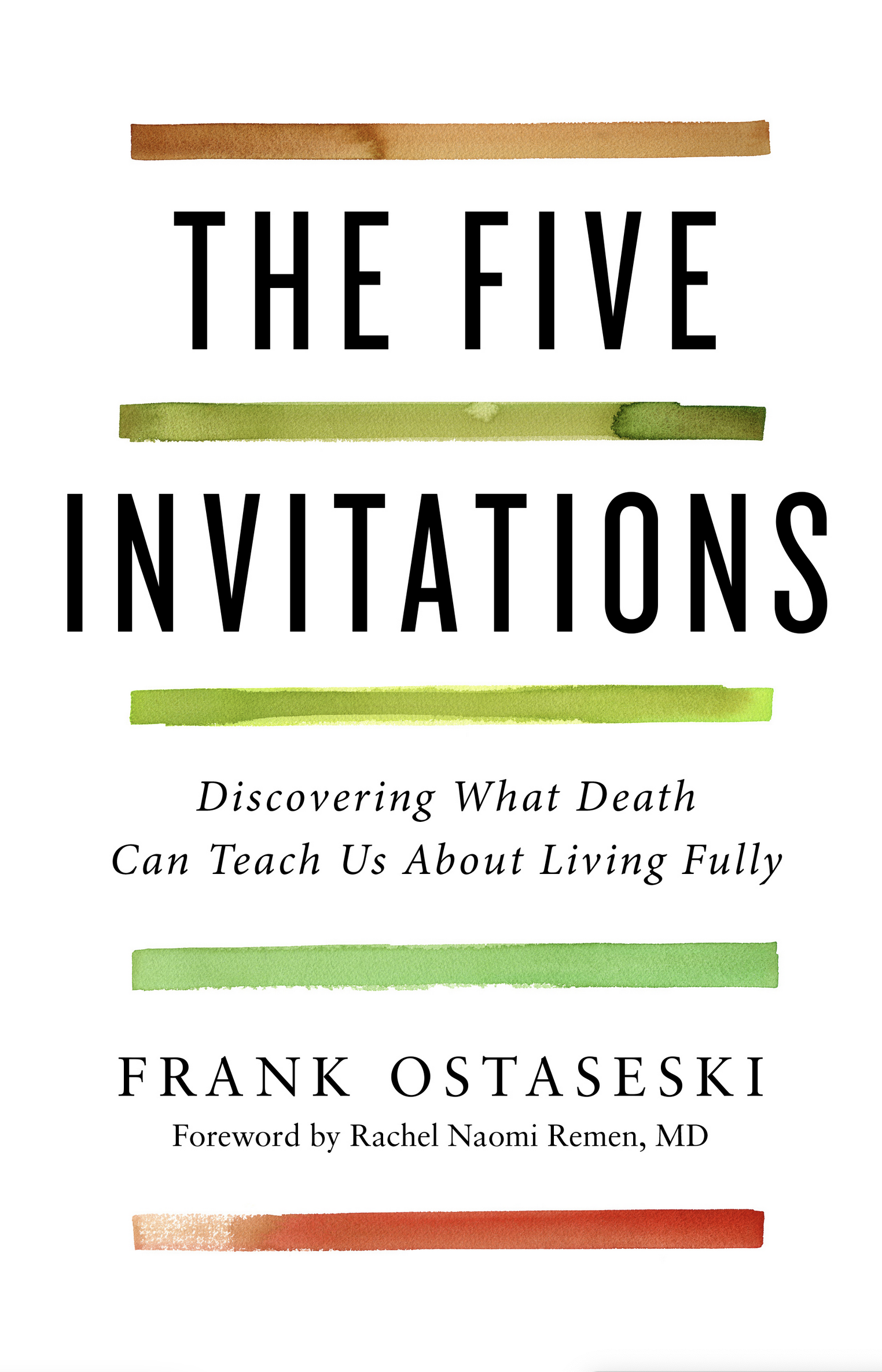
-
Title: The Unwinding of the MiraclePublisher Random House TradeYear published 2020Book image
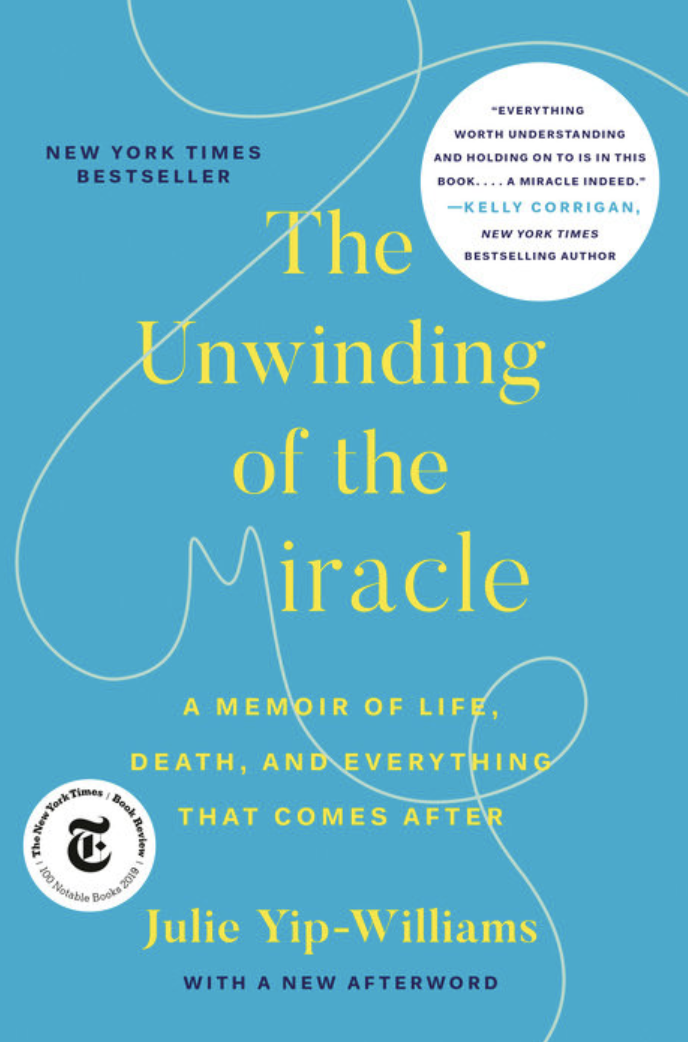
Terms of use: Network of the National Library of Medicine (NNLM) staff offer these health discussion resources for educational use. The materials included do not necessarily reflect the views or opinions of the author, publisher, or the sponsoring agencies of the National Library of Medicine (NLM) and the National Institutes of Health (NIH).